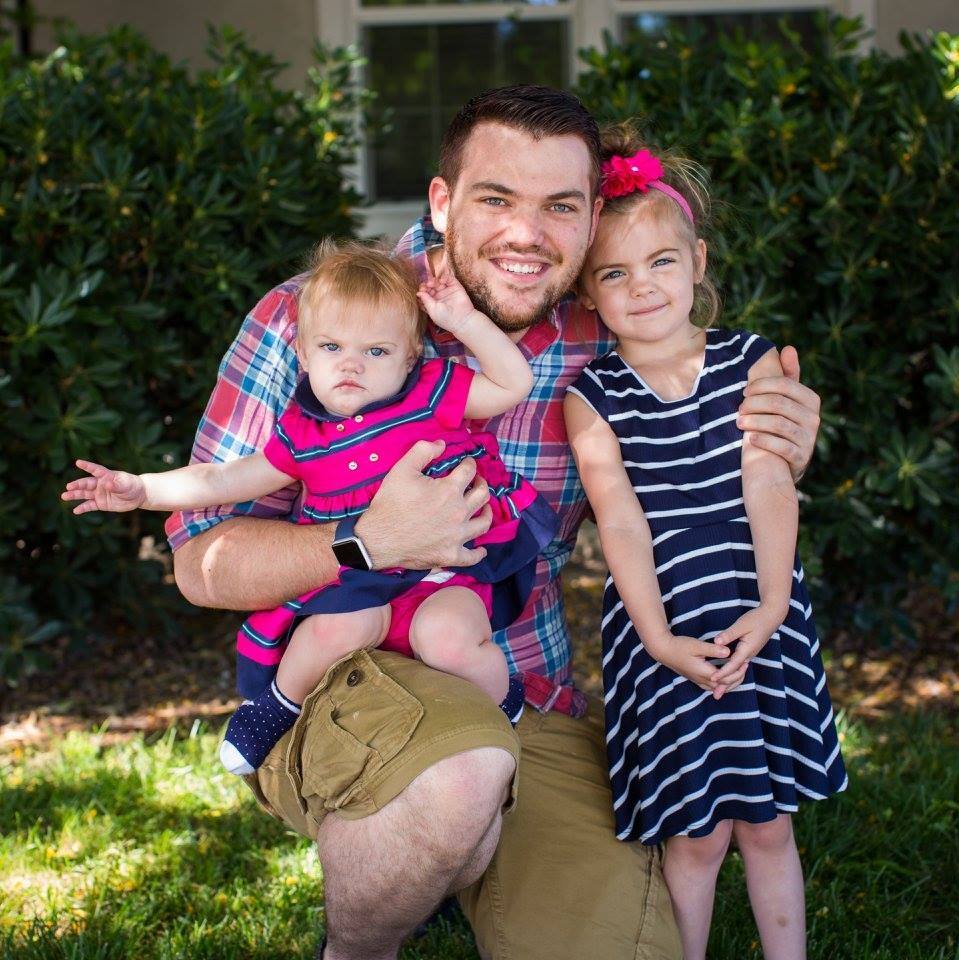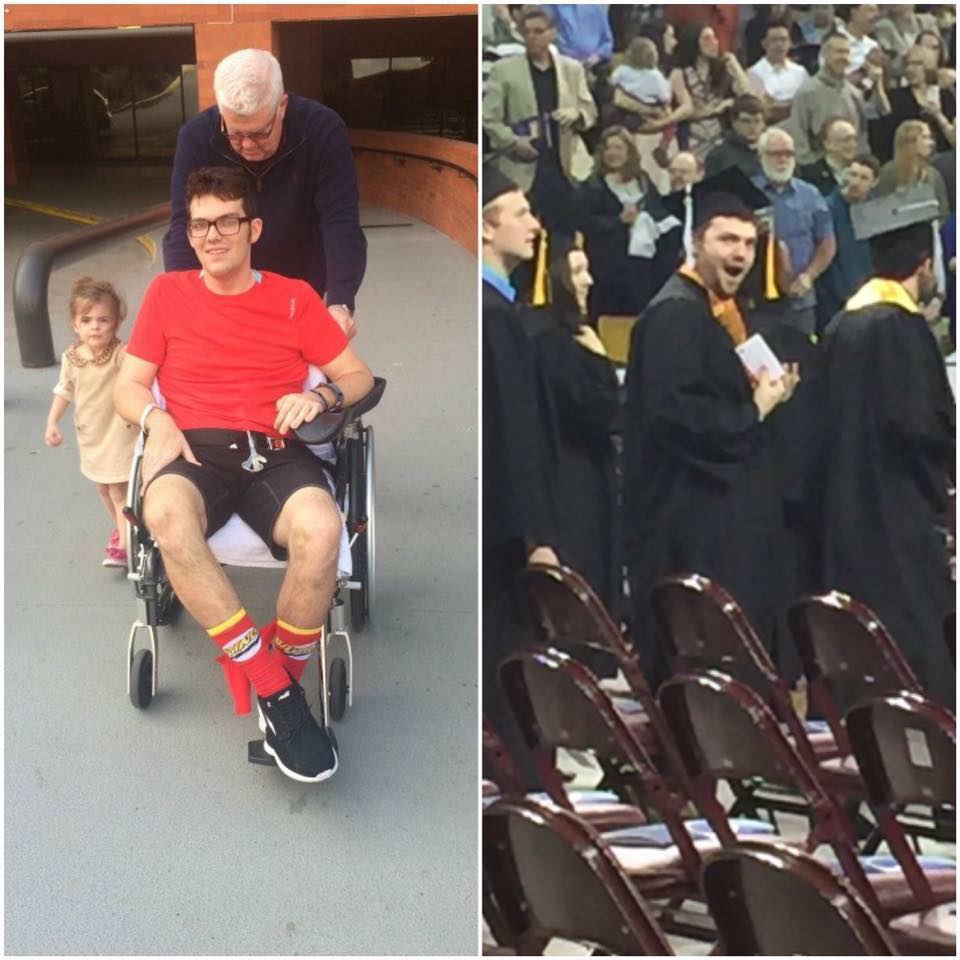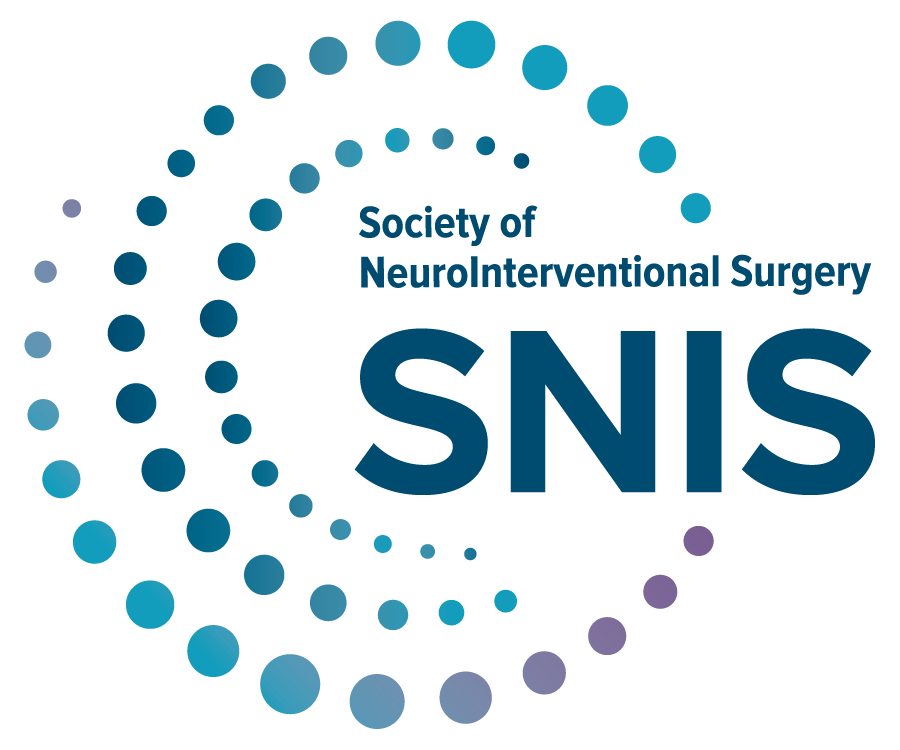Christian wasn’t a drunk college student. He was a college student having a stroke.
When a blood clot traveled to Christian’s brain in the wee hours of April 15, 2015, he fell to the ground outside his dorm. Unable to speak or move, he struggled with the little mobility he had to get the attention of others. Passersby assumed he’d been out partying and was too drunk to stand. They never thought this strong young man could be having a stroke.
Once Christian reached a hospital in Duluth, Minn., it became clear his stroke was severe and in need of specialized neuroendovascular stroke surgery – the most effective stroke treatment for patients like Christian who are experiencing an emergent large vessel occlusion (ELVO) .
Once a stroke happens, the sooner the physician restores blood flow, the greater the chance of a favorable recovery. The procedure, which in Christian’s case took about 20 minutes, saved precious brain tissue, and he was able to make a full recovery. Through the care of doctors, nurses, and physical therapists — as well as the support of his parents and three siblings — Christian continued to surpass every physical therapy goal that was set. As an educator, he hopes to share a message of hope, resilience, and strength in the young lives he will touch.

Christian is one of the fortunate few: Less than 10 percent of people who experience a severe ischemic stroke end up receiving life-reclaiming neuroendovascular stroke surgery. The rest don’t reach neuroendovascular-ready centers, or reach them too late — resulting in long-term disability or death.
“I am completed motivated by the statement ‘you can’t do it.’ Through my role as a teacher, I will share my stroke experience and remind them that, ‘If I can choose to live, and to thrive, you can do whatever you set your mind to.’”



